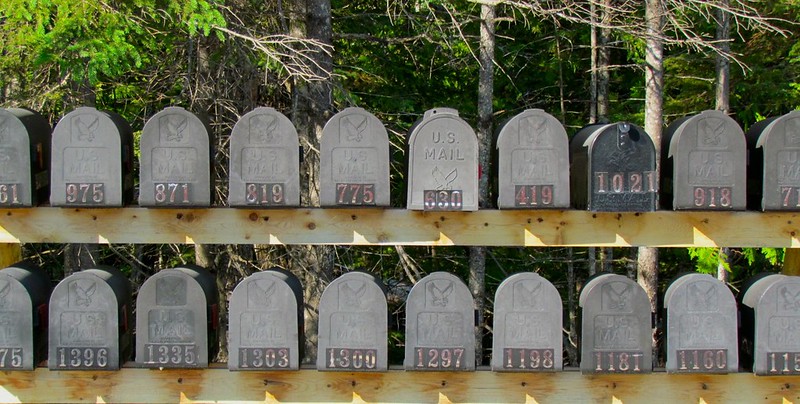How to Build a Direct-to-Consumer Florida Beverage Company

DtC Sales of Alcohol are Promising but Hard to Manage
Popularity of the Direct-to-Consumer (DtC) sales model is at an all-time high, in the alcoholic beverage industry and many others. The DtC model allows manufacturers and brand owners to sell (and often deliver) directly to consumers, bypassing traditional distribution and retail sales channels. Particularly in light of the COVID-19 pandemic, many entrepreneurs are hoping to launch the next “Amazon of __________.” This is especially true for alcoholic beverage companies.
Unfortunately, the DtC model is especially hard to employ in the alcoholic beverage industry because every US state and territory has its own laws and regulations about alcohol sales. Well-known alcohol delivery platforms–like Drizly, Thirstie, and Minibar–avoid state regulation entirely by making no sales at all and simply connecting customers with existing retailers in their own state.
State Regulations Make DtC Sales Complicated and Expensive
“Where can I sell and delivery my alcoholic product?” is a surprisingly difficult question to answer. The answer depends on at least four factors:
- Are you the product manufacturer?
- How was the alcohol in the product produced?
- Where are you selling from?
- Where are you selling to?
At the time this blog post, DtC sales of alcohol are allowed in the following states:
Wineries and other manufacturers of wine-based products can sell and deliver products to Washington D.C. and 47 US states (all except Alabama, Mississippi, and Utah).
Breweries can sell and delivery products to D.C. and 9 states (Kentucky, Missouri, Nebraska, New Hampshire, North Dakota, Ohio, Oregon, Vermont, and Virginia).
Distilleries can sell and deliver products to D.C. and 10 states (Alaska, Arizona, Connecticut, Hawaii, Kentucky, Nebraska, Nevada, New Hampshire, North Dakota, and Rhode Island).
Alcoholic beverage retailers can sell and deliver one or more types of alcoholic products to D.C. and 15 states (Alaska, California, Connecticut, Florida, Louisiana, Idaho, Nebraska, Nevada, New Hampshire, New Mexico, North Dakota, Oregon, West Virginia, Virginia, and Wyoming).
In almost all cases, an alcoholic beverage seller is required to have a license in its home state and in each state in which deliveries are made. For alcoholic beverage manufacturers, a federal permit is also required. Maintaining number state licenses, each with its own fees, can be time consuming and expensive.
Wine-Based Products Work Best for DtC Sales
In the confusing network of state-by-state regulations, the best option for a Florida-based DtC alcoholic beverage business is to manufacture and sell products that are considered to be wine. Wine-based products include not only grape wine, but also cider, perry (pear wine), fruit wine, mead (honey wine), and certain low-alcohol appertifs. Products that derive their alcoholic content from “Other than Standard Orange Wine“, in particular, can be made to simulate vodka or other mixed drinks.
Favorable treatment of wine-based products results from the US Supreme Court’s ruling in Granholm v. Heald, a 2005 case in which the Court invalidated state laws that allowed local wineries to sell and deliver products to state residents but prohibited out-of-state wineries doing the same. As a result of the Granholm decision, any state that wishes to allow its own wineries to deliver products to in-state customers must allow wine manufacturers in other states to do the same. It is for this reason that all but three states–Alabama, Mississippi, and Utah–all some level of DtC sale and deliver of wine-based products.
Do you have questions about building a DtC sales alcoholic beverage company? Contact us at contact@brewerlong.com to schedule a consultation with a beverage attorney.
Because we’re attorneys: This blog post is provided on an “as is” and “as available” basis as of the date of publication. We disclaim any duty to update or correct any information contained in this blog post, including errors, even if we are notified about them. To the fullest extent permitted by law, we disclaim all representations or warranties of any kind, express or implied with respect to the information contained in this blog post, including, but not limited to, warranties of merchantability, fitness for a particular purpose, title, non-infringement, accuracy, completeness, and timeliness. We will not be liable for damages of any kind arising from or in connection with your use of or reliance on this blog post, including, but not limited to, direct, indirect, incidental, consequential, and punitive damages. You agree to use this blog post at your own risk. Regarding your particular circumstances, we recommend that you consult your own legal counsel–hopefully BrewerLong.

